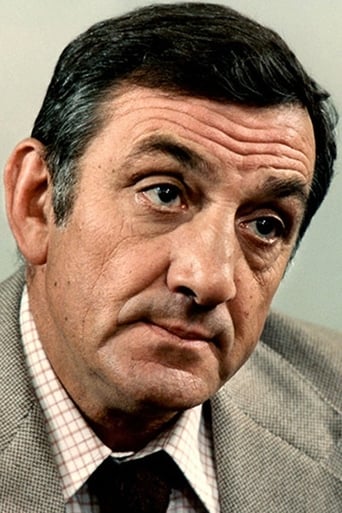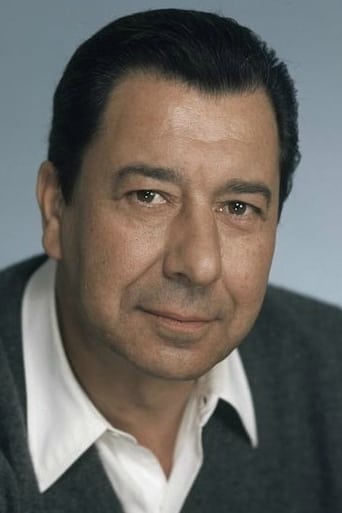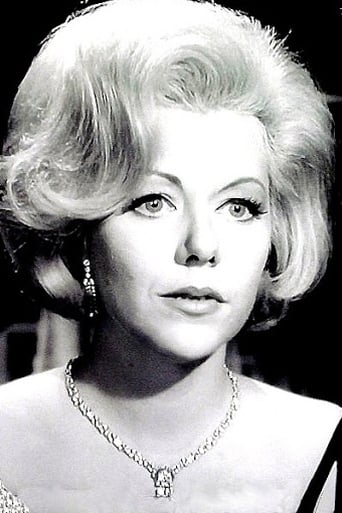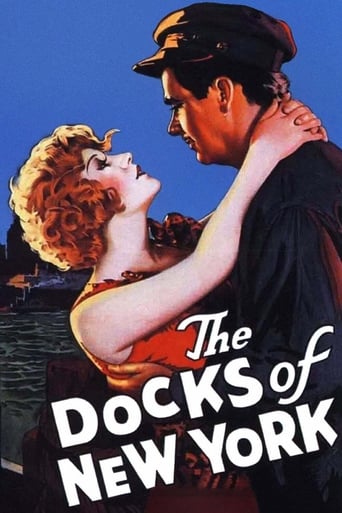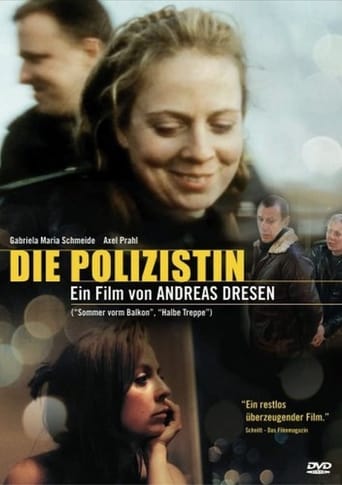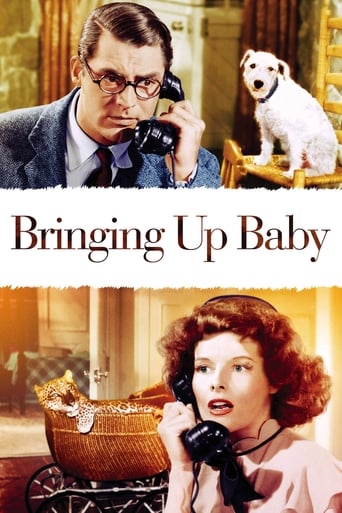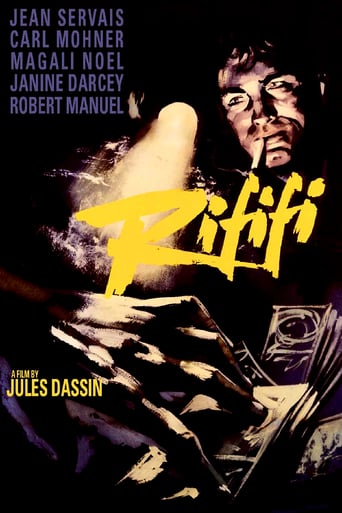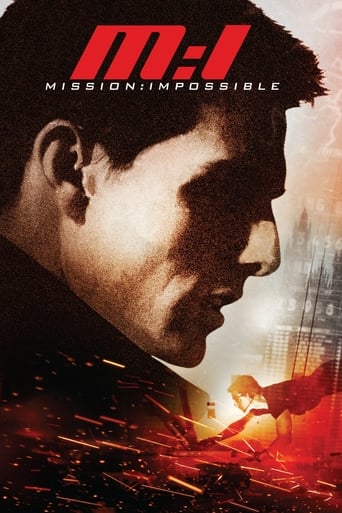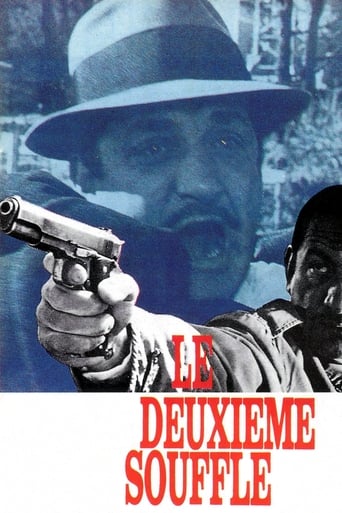
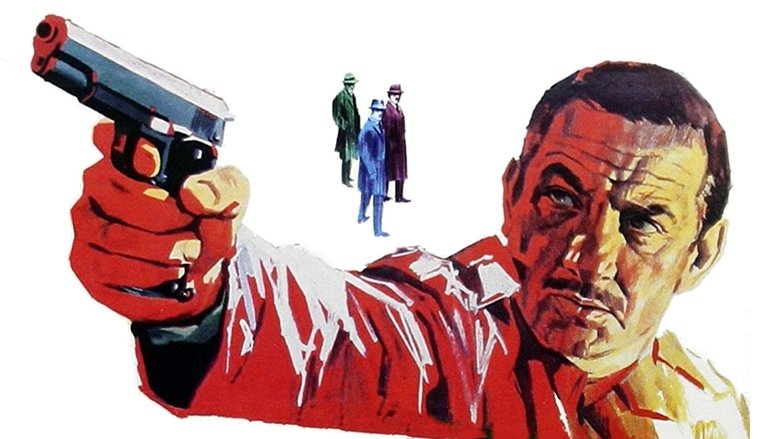
Le Deuxième Souffle (1966)
A gangster escapes jail and quickly makes plans to continue his criminal ways elsewhere, but a determined inspector is closing in.
Watch Trailer
Cast
Similar titles
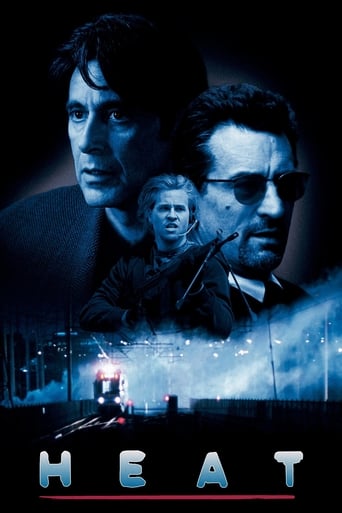
Reviews
I like the storyline of this show,it attract me so much
The Worst Film Ever
Thanks for the memories!
It is encouraging that the film ends so strongly.Otherwise, it wouldn't have been a particularly memorable film
Three prisoners break from the prison and the notorious Gustave 'Gu' Minda (Lino Ventura) is the only one that survives. He heads to Paris where he meets his lover Manouche (Christine Fabrega) and his friend and Manouche's bodyguard Alban (Michel Constantin) that take him to a hideout. Meanwhile the smart Commissary Blot (Paul Meurisse) is investigating a shooting plotted by the mobster Jo Ricci (Marcel Bozzufi) and the gangster Jacques the Lawyer (Raymond Loyer) that is murdered. Gu decides to travel to Italy but he is short of money; his friend Orloff (Pierre Zimmer) invites him to participate in the heist of an armored truck with his friend Paul Ricci (Raymond Pellegrin) and the gangsters Antoine (Denis Manuel) and Pascal (Pierre Grasset) in Marseille. The talkative Inspector Fardiano (Paul Frankeur) is responsible for the investigation, but the persistent Commissary Blot believes that Gu is behind the scheme. "Le Deuxième Soufflé" is a realistic police story by Jean-Pierre Melville with great performances. It is impressive how I did not feel the 150 minutes running time, since the screenplay is very well written. The code of honor of Gu contrasts with the lack of ethics of the police detectives. The duel between Gu and Blot is another attraction of this great movie. My vote is eight.Title (Brazil): "Os Profissionais do Crime" ("The Professionals of the Crime")
While in many ways a quintessential heist film, and in other ways a gangster film, this brooding black and white masterpiece also deals with certain codes of honor, and much that is important in the film is left unsaid; the viewer may expect reactions that don't occur, may often question the motives of characters that don't speak, and it is only to viewing the film a second time that much of it comes clear; with the excellent Criterion transfers, it's fascinating to follow the second time with the included commentary; this is not an action-packed film at 2 1/2 hours, but a good deal does happen: lives are lost, a massive robbery takes place, and one is never too sure where the lines between law and disorder cross. Do not expect Instant Involvement with Le Deuxieme Soufflé--but it has it's rewards!
It may not be true as Bertrand Tavernier asserts in the add-on DVD special that "Second Wind" (the correct idiomatic translation) made further crime movies superfluous, but this is a brilliant example of the genre. The subtitles do not do justice to the dialog that is typically French- wordy but still clever and provocative. Inspector Blot, the Joe Friday/Jack Web emulator, has the most good lines, but they are throughout. The casting is as good as you could get. Shooting in black and white was essential to focus viewers on the story, the characters and the script. Even the Arch of Triumph looks appropriately raw and menacing: at no point do you think how pretty France is, only how dreary and monotonous are the streets, and how rugged the rocks, the perfect backdrop to this depiction of remorseless selfishness and cruelty that illustrates that stories do not have to be compact and tidy to be compelling.
Nearly two-and-a-half hours is a long, long time in the movies, especially so when Jean- Pierre Melville is once more demonstrating his passion for hard boiled gangsters. With Le Deuxieme Soufflé (Second Breath), it seems to me that Melville has given us some extraordinary set pieces of heists, shoot-outs and chases...including one roll-along-the-floor while-shooting-a-gun-in-each-hand and-plugging-all-the-guys-who were-going-to-plug-you that now has become a pretty-boy-actor-as-tough-guy cliché. They are embedded, however, in an over-long story featuring yet one more of Melville's existential heroes that he came to obsess about. Melville underlines it all with his stoic gangster code of conduct, illustrated by the pretentious words that start this movie: "A man is given but one right at birth: To choose his own death. But if he chooses because he's weary of life, then his entire existence has been without meaning." Let me tell you something...nothing, nothing will go right as long as Gu Minda, cold-blooded murderer with a soft spot for Manouche, believes his buddies think he ratted them out. The Code won't permit it. Is this to deny that Melville was a great director? Hardly, but it is to recognize that Melville was human: He didn't always make great movies; his preoccupation with gangsters and their fictitious code of conduct was limiting; his indulgence in what passes as "style" in the gangster milieu could appear, in my opinion, downright silly; and as a screenwriter he was capable of some corny gangster dialogue (or at least he was ill-served at times by the subtitle writers). With all this, the director who could give us Army of Shadows, with its terrible themes, its remorselessness and its humanity, is a great director. The director who could give us Bob le Flambeur, with its irony, its humanity and its tight, story-telling prowess, is a great director with a sense of humor. Watch Army of Shadows and Bob le Flambeur (and Le Cercle Rouge) first, then Le Deuxieme Soufflé and Le Samourai...and come to your own conclusions. The devil of it with Le Deuxieme Soufflé is that great stretches of the movie are gripping, Lino Ventura (with that hard, tired face) and Paul Meurisse are first- rate and Melville never lets us have less than a superbly presented series of scenes. But, in my opinion, his series of scenes, some lengthy, don't add up to a tightly realized movie, especially at over two-and-a-half hours. Gu Minda (Lino Ventura) is a cop-killing gangster who has just broken out of prison. Gangsters he knows have been moving in on his turf. Two hoods threaten Manouche, his long-time girl friend (Christine Fabrega), in her apartment. Gu intervenes, and with a friend drives the hoods to the country. Gu guns them down in the car. Inspector Blot is after Gu. Blot is resourceful and relentless. Gu has no money. He's determined on one last heist with a big payday before he and Manouche flee France. Inspector Blot will not make things easy. When Gu realizes his honor has been compromised, he won't leave France until he sets things straight. Don't expect a happy ending. With Melville's code of the existential gangster, there never is. While the plot is simple, Melville embellishes it with any number of twists and turns, sneaky actions, a coincidence or two and some satisfying betrayals, plus a long, extremely well-done set piece on how to hi-jack a van full of platinum. In this gangster movie there is no gangster arm candy, only Manouche. Fabrega was 35 when the movie was released. Lino Ventura was 47. Through the alchemy of genes and make-up, they make their characters about same age. Fabrega looks her years and is all the more believable because of this desirable maturity. She gives to Gu what little sympathy we have for him. It would be difficult to say -- between Ventura with Gu's grim, murderous honor and Meurisse with Blot's sardonic realism and intelligence -- who gives the film more interest. It might depend on your tolerance for thug killers who agonize about their reputations.
